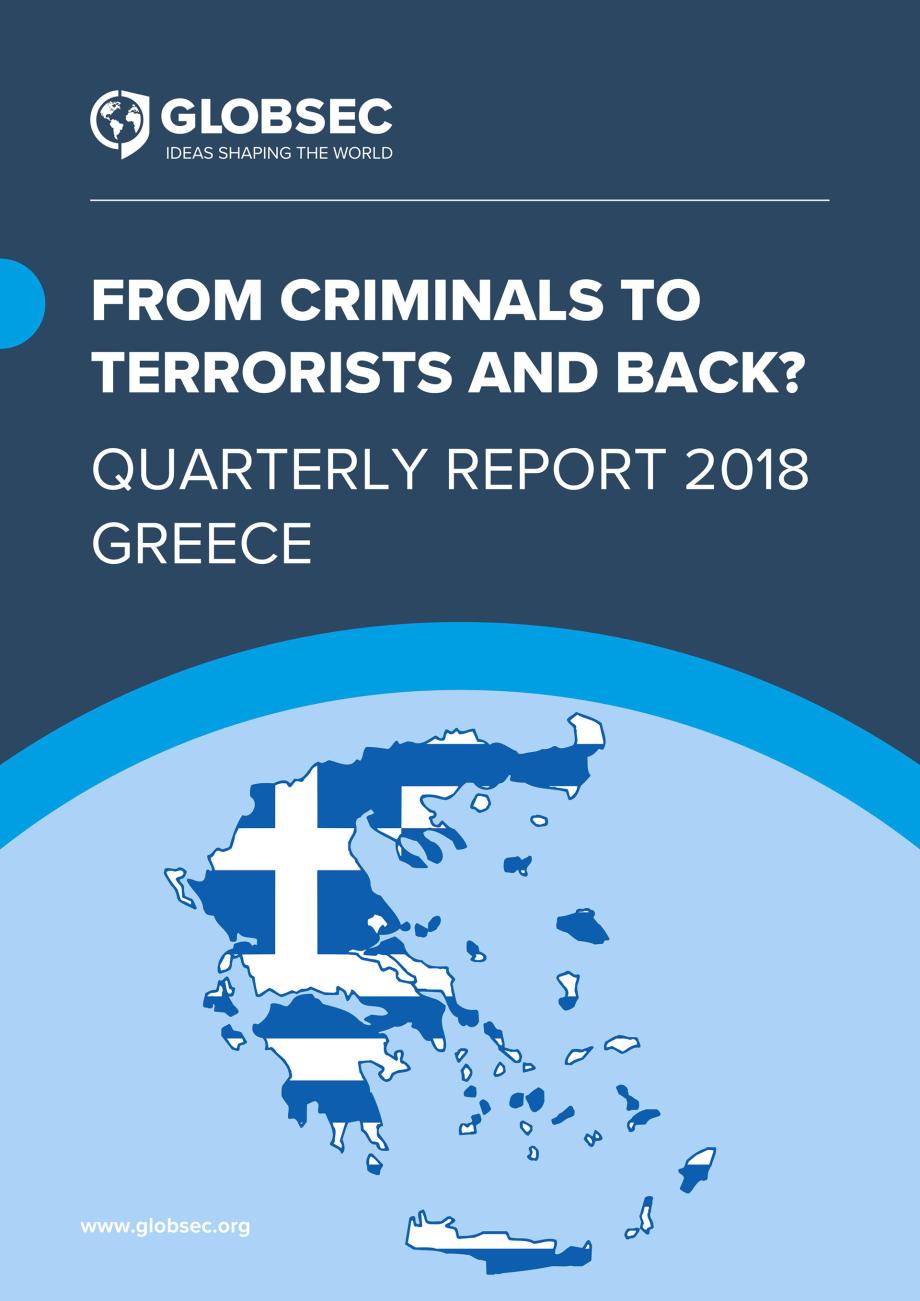From Criminals to Terrorists and Back? Quarterly Report 2018 Greece

In Greece, where terrorism offenses do not follow the current European radicalisation trends, thus being one of the outliers, the links between crime and terror are more clearly evident. Furthermore, the arrestees that have been analysed so far in this project are either Greek citizens or persons with legal permanent residency in the country. Contrary to most global terror trends, religion is not a radicalising factor in Greek terrorism. Following historical precedent, the current active terrorist groups have a far-left or even nihilist ideology.
The data analysed so far clearly depict a crime-terror nexus in Greece, with more than 75% of the examined arrestees having served prison time for offenses that are unrelated to terrorism or participation in organised crime. The most frequent offenses present were theft and robbery charges, ranging from misdemeanour to felony offenses. Another phenomenon that could be observed is the fact that Korydallos Prison seems to be the hub where the offenders arrested for the first time for terrorism offenses were recruited. Moreover, the convicts recruited had specific skillsets that could aid the financing of a terrorist organisation. Finally, women seem to have a more active role, expressed through manifestos and radicalised speech and linked with convicted offenders for terrorism acts either through conjugal or familial bonds.
The terrorism phenomenon in Greece has several distinctions from other European nations. First, there are terrorist groups that have spanned decades in operation, terrorist organisations with numerous attacks (ELA alone has more than 260 confirmed attacks), ranging from bombings to targeted assassinations. Second, a common element among the groups appears to be a far-left ideology that from the middle of the 2000s seems to shift towards a more anarchist/nihilist theoretical framework. Finally, apart from targeted assassinations, historically and currently, the terrorist attacks are planned in such a manner as to minimize the possibility for human casualty, focusing instead on political targets and persons.